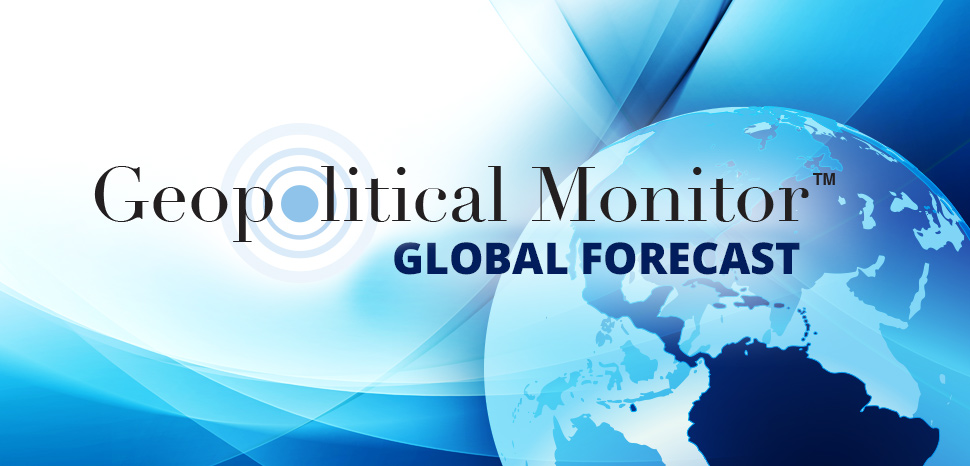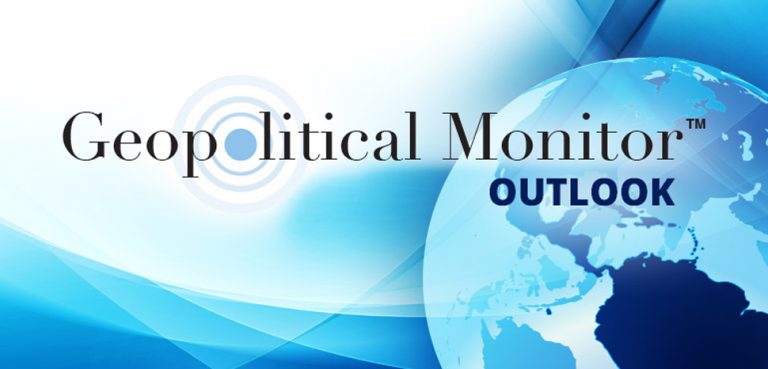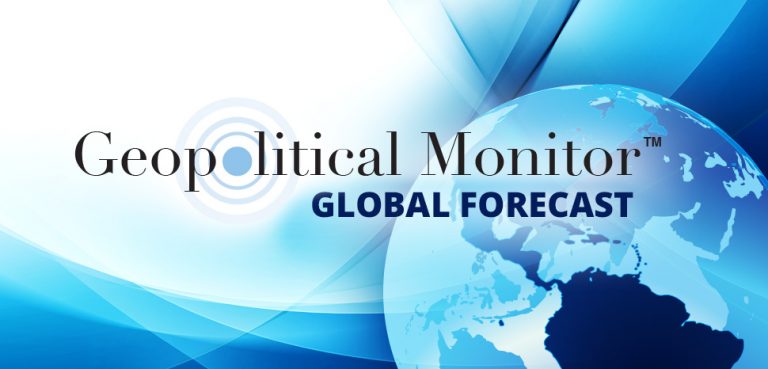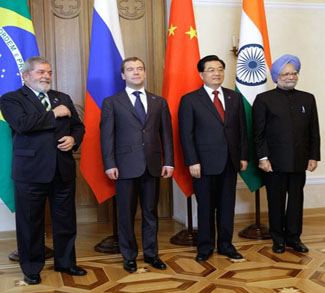Key Dates
May 3 – German manufacturing PMI data released.
May 3 – Federal Reserve Chairman Jerome Powell to speak.
May 3 – Australia balance of trade data released.
May 3 – Turkey year-over-year/month-over-month inflation data released.
May 4 – Australia central bank interest rate decision and statement.
May 4 – UK manufacturing PMI data released.
May 4 – US balance of trade data released.
May 5 – US crude oil inventories data released.
May 5 – US ISM non-manufacturing PMI data released.
May 6 – Bank of England interest rate decision.
May 6 – US initial jobless claims data released.
May 7 – UK construction PMI for April released.
May 7 – US nonfarm payrolls data released.
May 7 – Canada unemployment data released.
May 7 – China year-over-year imports data for April released.
May 7 – China Caixin services and composite PMI data released.
World
COVID-19 fast facts
- India’s COVID-19 epidemic continues unabated, with over 400,000 new daily cases announced on Saturday (the number dropped to 368,000 on Sunday). A team of government advisers are hoping that the second wave will peak sometime next week. No national-level lockdown has been imposed as of yet, despite growing calls for one. Daily deaths stood at approx. 3,400 on Monday.
- President Emmanuel Macron has begun to chart a path out of the lockdown (again): French schools will re-open on Monday, followed by museums, shops, theatres, and outdoor cafes on May 19.
- Argentina’s total case load hit 3 million over the weekend, amid reports of hospital ICUs filling up across the country. President Alberto Fernández recently extended lockdown measures for another three weeks, including overnight curfews in major metropolitan areas and cancelling in-person education. Fortunately, the third wave appears to have peaked with nearly 30,000 daily cases in mid-April; on Sunday, the country recorded 11,394 new cases.
- Update on vaccination coverage (percentage of population with one dose) as per Bloomberg vaccine tracker: Israel (57.7%), United Kingdom (51.7%), United States (44.3%), Chile (42.6%), Canada (29.7%), Germany (26.9%), Spain (25.1%), France (24.5%), Brazil (15%), China (9.7%), India (9.4%), and Russia (8.2%).
Middle East
Turkey announces plan to establish military base in Iraqi Kurdistan
Last week, Turkish Interior Minister Suleyman Soylu revealed that Turkey intends to establish a military base in Metina on the Iraqi side of its southern border. According to Soylu, the facility will be used to monitor and control movements on the Iraqi side of the border, and the minister made the comparison to Ankara’s policy in Syria, where the Turkish military has established a forward presence in the northern Kurdish enclave of Afrin.
If realized, the new military base would mark a significant escalation in Turkey’s military campaign against the Kurdistan Workers Party (PKK), which has long launched cross-border raids into Turkey from northern Iraq. It is not necessarily an entirely new trend, however, as Turkey has been widening its military footprint on the Kurdish side of the border for years now, and just last month launched a major operation in the vicinity of Metina. Some estimates put the number of Turkish troops already operating in Iraqi Kurdistan at over 5,000.
Given the relatively warm ties between the Kurdish authorities and Ankara, it’s unlikely that Erbil will produce any overt pushback against the plan.
Asia
Military clashes along the Kyrgyzstan-Tajikistan border
A series of clashes broke out across a long span of the Kyrgyzstan-Tajikistan border last week, resulting in at least 36 deaths and displacing over 50,000. Violence was concentrated north of the Vorukh enclave – an island of Tajik territory in Kyrgyzstan that has frequently been the source of conflict between the two Central Asian states.
The tensions can be traced back to several sources: 1) the Stalinist legacy of population displacements in the region; 2) notoriously vague border demarcations, not just north of the Vorukh enclave but corresponding to the size of the enclave itself; and 3) competition over land and water resources (the Vorukh enclave is far more fertile than the land surrounding it and irrigation sources are few and far between given the arid terrain).
Top-level talks between the two sides have deescalated the clashes for now, but absent a mutually accepted border agreement the violence will inevitably erupt again. Apparent signs of military targeting of civilian infrastructure such as schools and residential homes also imply the potential for reprisals in the future.
Africa
Chad’s Military council rolls out the public face of its transitional government
Amid growing pressure from the West, Chad’s military rulers – now officially dubbed the ‘Transitional Military Council’ (CMT) – have rolled out a new transitional government. Composed of over 40 ministers and deputy ministers, including members of the opposition, the government has received grudging approval from major opposition leaders. However, it’s yet to be seen just how much authority this civilian government wields vis-à-vis the CMT.
The announcement comes on the heels of large protests in the country over the weekend, which saw up to 9 people killed and 650 arrested.
Oceania
Canberra takes aim at another Belt and Road deal
When the Australian government cancelled two state government-initiated Belt and Road agreements, many China watchers openly wondered if anything would come of the far more contentious example of Darwin port, which in 2015 had been leased by the state government of Northern Territory to the Chinese private company Landbridge for 99 years.
They didn’t have to wait long for an answer. Financial Times is reporting that the Australian department of defense has launched a review on whether to cancel the lease on national security grounds.
One way or another, this will be a bellwether for Sino-Australian relations. As a private company, Landbridge carries a far less conspicuous connection to the Chinese state apparatus than an SOE would, and some have argued that the military risks stemming from a Chinese presence near a US Marines deployment in Darwin have been overstated (the Australian department of defense did, after all, sign off on the initial deal back in 2015). However, keeping in mind that Huawei is also ostensibly a private company, one should view this through the lens of Canberra’s appetite for Chinese ownership of Australia’s infrastructure in a more general sense. If Darwin port is ultimately deemed critical in the same vein as telecommunications networks, paving the way for the annulment of the Landbridge lease, the stage will thus be set for a deluge of similar reviews. One prime candidate would be the Port of Newcastle, which is co-owned by China Merchants Port Holdings, an SOE, and another would be EnergyAustralia, a power company owned by the Hong Kong-based CLP group. On the other hand, if the review leaves the Darwin port deal untouched, it might provide an escape hatch from the present death spiral of Sino-Australian relations.
Whatever the case, this review will help set the tone of the relationship going forward.




